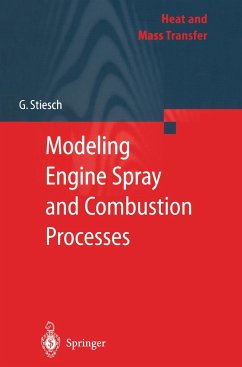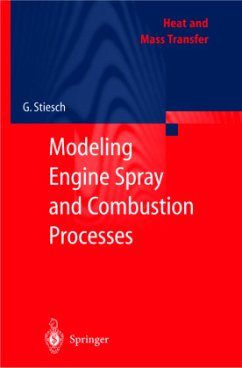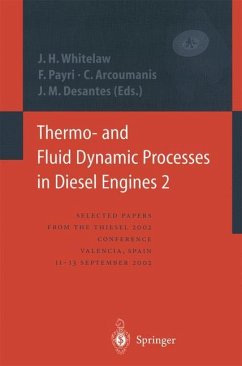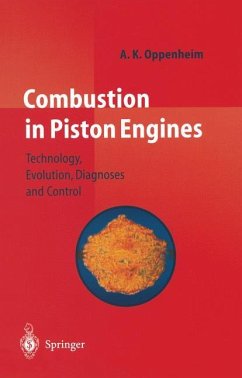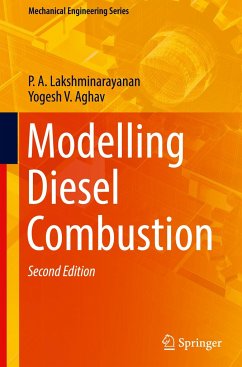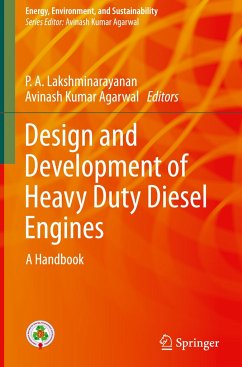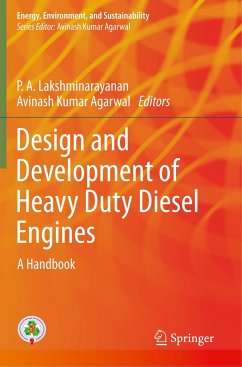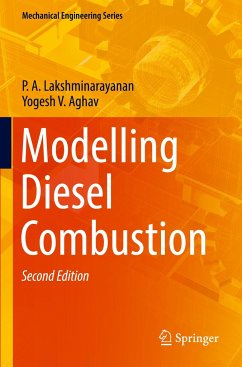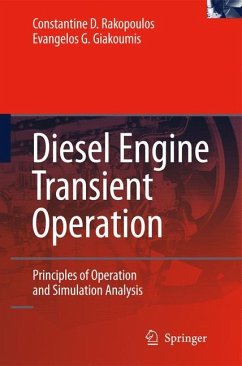
Handbook of Diesel Engines

PAYBACK Punkte
125 °P sammeln!
The diesel engine continues to be the most cost-effective internal combustion engine for motor vehicles as well as road and nonroad engine applications. The diesel engine is superior to all other drive engines in terms of flexibility, performance, emissions and ruggedness, particularly in the context of the current CO2 discussions. The intensive search for alternative drive concepts, e. g. hybrid or purely electric drives, has demonstrated the indispensability of diesel engines for cost-effective long-distance operation and wherever energy carriers have high energy densities, i. e. fuel storage capacities are limited.
This English edition of the Handbook of Diesel Engines provides a comprehensive overview of diesel engines of all sizes from small single cylinder engines up to large two-stroke marine engines. The handbook is geared toward experts working in research and development and industry as well as students studying engineering, mechatronics, electrical engineering or electronics.
This English edition of the Handbook of Diesel Engines provides a comprehensive overview of diesel engines of all sizes from small single cylinder engines up to large two-stroke marine engines. The handbook is geared toward experts working in research and development and industry as well as students studying engineering, mechatronics, electrical engineering or electronics.
This machine is destined to completely revolutionize cylinder diesel engine up through large low speed t- engine engineering and replace everything that exists. stroke diesel engines. An appendix lists the most (From Rudolf Diesel's letter of October 2, 1892 to the important standards and regulations for diesel engines. publisher Julius Springer. ) Further development of diesel engines as economiz- Although Diesel's stated goal has never been fully ing, clean, powerful and convenient drives for road and achievable of course, the diesel engine indeed revolu- nonroad use has proceeded quite dynamically in the tionized drive systems. This handbook documents the last twenty years in particular. In light of limited oil current state of diesel engine engineering and technol- reserves and the discussion of predicted climate ogy. The impetus to publish a Handbook of Diesel change, development work continues to concentrate Engines grew out of ruminations on Rudolf Diesel's on reducing fuel consumption and utilizing alternative transformation of his idea for a rational heat engine fuels while keeping exhaust as clean as possible as well into reality more than 100 years ago. Once the patent as further increasing diesel engine power density and was filed in 1892 and work on his engine commenced enhancing operating performance.





